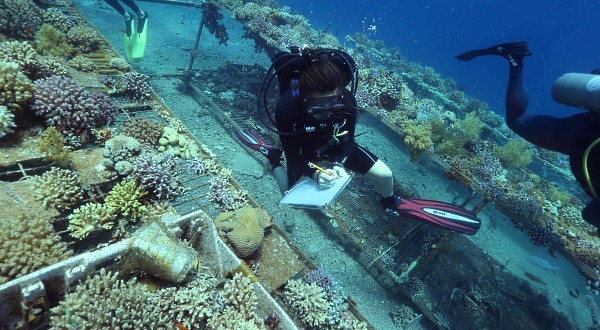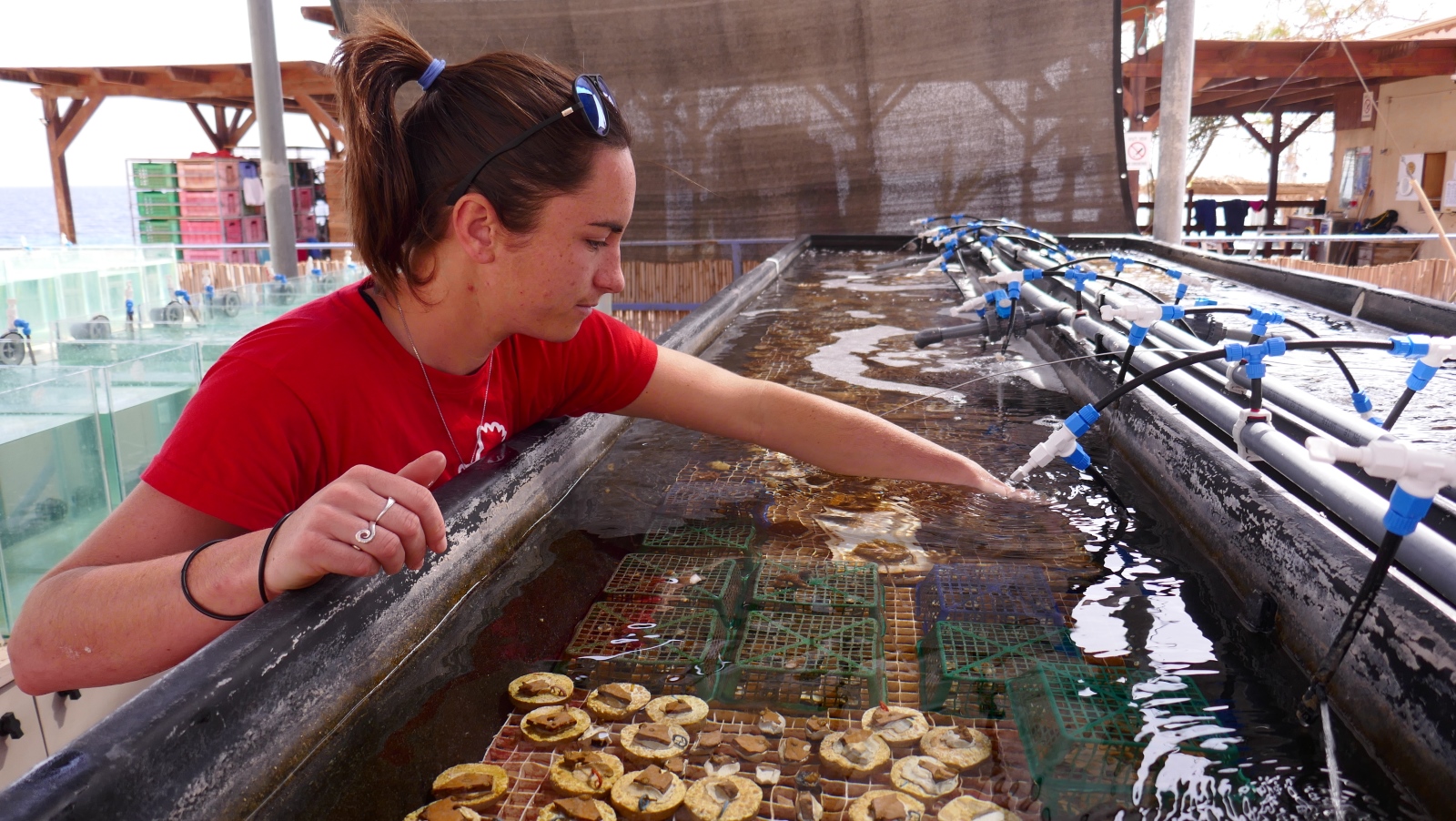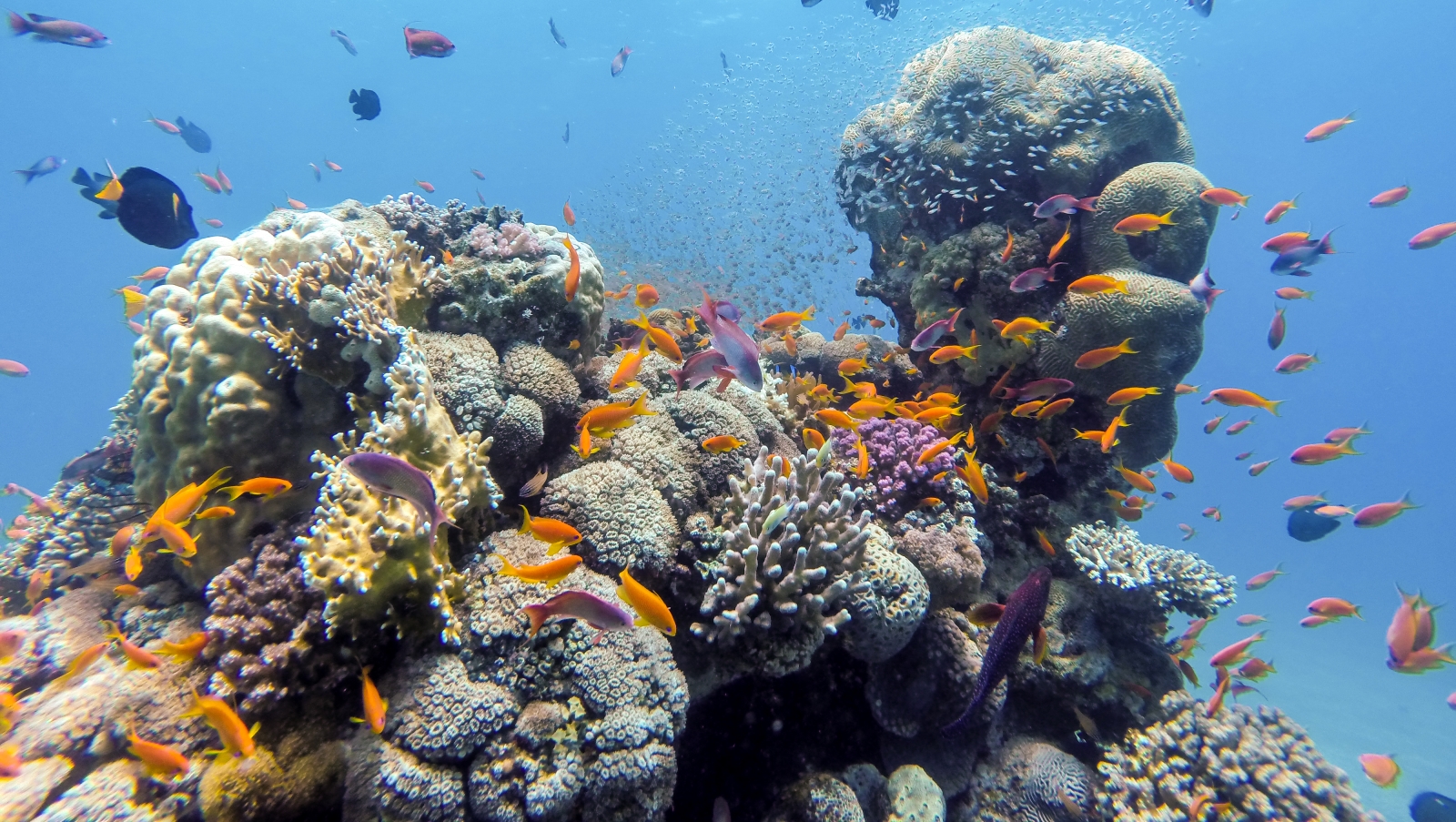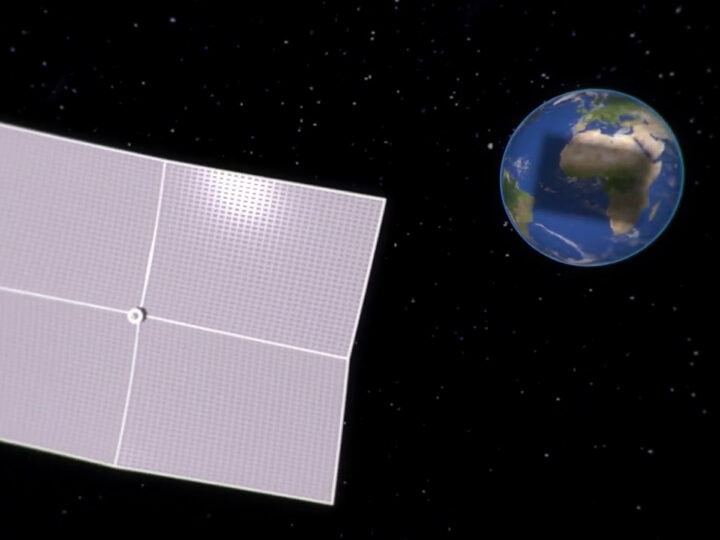The fact that climate change poses a threat to coral reefs is bad if somewhat old news. The good new news, however, is that an exception to that rule seems to be taking place in the Red Sea to Israel’s south.
Researchers have found that corals from the Gulf of Aqaba (where the southern Israeli city of Eilat is located) are not only surviving the effects of global warming, but are producing healthy offspring.
Parent corals in the area have been found to maintain normal physiological function and the same reproductive output even while experiencing increased temperatures and ocean acidification stress during the peak reproductive period.
The study, recently published in Journal of Experimental Biology, was carried out by Bar-Ilan University doctoral student Jessica Bellworthy and colleagues from Ecole Polytechnique Fédérale de Lausanne.

The researchers used a Red Sea simulator developed in Israel in which they manipulated water conditions to mimic the ocean in a severe climate change scenario.
“To our surprise but also joy, there were no detected differences in the number or the quality of the offspring produced under ocean acidification and warming scenario compared to the present-day ambient control conditions,” said Bellworthy.

So far, only one species has been tested for one reproductive cycle, but the findings show that corals in the Gulf of Aqaba might persist through climate change.
“This study begins to show that this thermal resistance not only applies during the adult life phase but also during the early life stages, which are often considered much more vulnerable and sensitive. This adds support to previous suggestions from our lab and others that the Gulf of Aqaba may be a refuge for corals in the face of climate change,” Bellworthy concludes.
Fighting for Israel's truth
We cover what makes life in Israel so special — it's people. A non-profit organization, ISRAEL21c's team of journalists are committed to telling stories that humanize Israelis and show their positive impact on our world. You can bring these stories to life by making a donation of $6/month.









